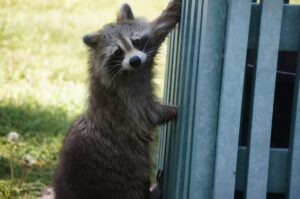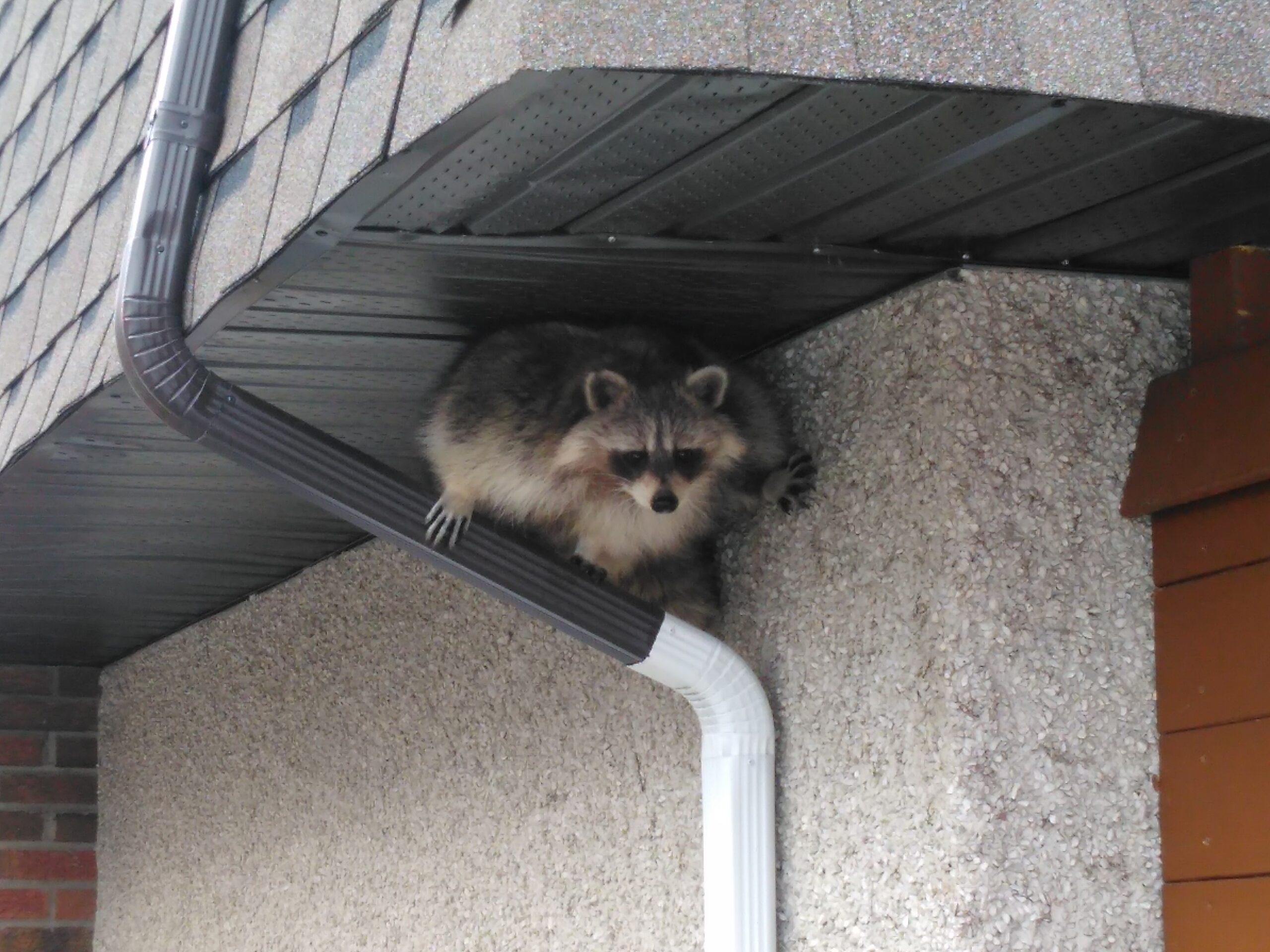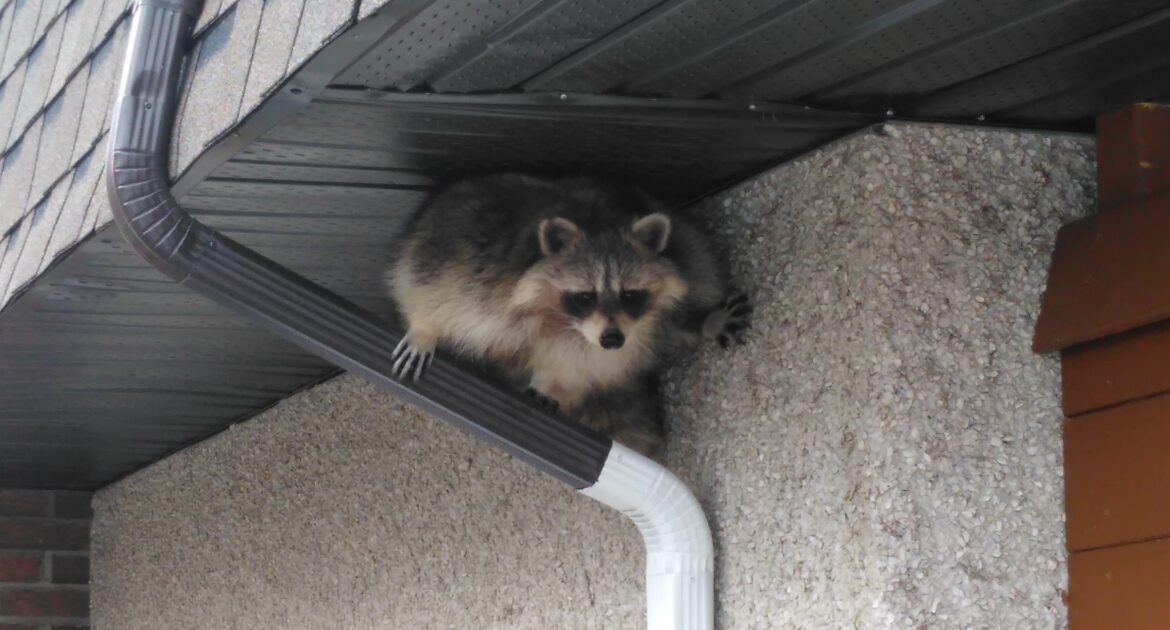Although all animal bites are potentially dangerous, getting bitten by a raccoon can be life-threatening. Even if the bite looks small and insignificant, you should seek medical attention right away because the raccoon may be carrying rabies. In addition to raccoons, other animals that are likely to spread rabies include bats, foxes, skunks and coyotes. Professional raccoon removal and prevention can eliminate these dangerous animals from your property and ensure that they won’t return.
What Is Rabies?
Rabies is a deadly virus that’s spread from animal to animal or animal to human through bites. Once the virus enters your body, it attaches to nerve cells and wreaks havoc on your nervous system. If untreated, it can infect your brain and become fatal.
Look out for the following symptoms commonly seen in rabid raccoons:
- Difficulty walking
- Foaming at the mouth
- Confusion or disorientation
- Repeated high-pitched noises
- Heavy panting
- Matted body hair
The importance of staying away from all raccoons, even if they don’t appear to be ill, can’t be overstated. Rabies can be deadly if treatment is not given promptly. You can get infected with rabies if a rabid animal bites you, licks an open wound or scratches you with claws covered in saliva.

What Do You Do if a Racoon Bites You?
If you’ve been bitten by a raccoon, it’s important that you seek medical attention immediately. You should also wash the wound with soap and warm water for at least five minutes. Doctors will treat the wound and administer post-exposure prophylaxis, a vaccine that treats the effects of raccoon bites or scratches. This vaccine will cause your body to create antibodies, which are molecules that attack the rabies virus and prevent it from entering your nerve cells. If your body creates enough antibodies, it can kill the virus.
If the disease progresses, symptoms of rabies in humans include:
- Anxiety or agitation
- Trouble drinking water
- Hypersensitivity to light
- Delirium or hallucinations
- Insomnia
- Itching at the wound site
How Can You Prevent a Raccoon Attack?
The easiest way to prevent getting bitten by a rabid raccoon is to keep your distance and avoid confrontation. If you discover a raccoon on your property, contact wildlife control services rather than trying to chase or scare it away. If a raccoon feels threatened, it may try to defend itself by attacking you. Female raccoons can be particularly aggressive, as their main goal is to protect their young.
It may sound obvious, but you should also never feed raccoons. They’re perfectly capable of finding their own food, and feeding them only teaches them to connect humans with food. This can translate to them behaving more aggressively to get food from humans. You can also remove other food sources from your yard, such as protecting your garbage cans and either not planting a garden or keeping it secure.
Because raccoons thrive in the darkness and quiet, making your property an unwelcoming environment can be another great way to ward them off. Try putting up motion sensor lights. You can also spray a solution of garlic and cayenne pepper, a known deterrent, around the main entry points on your property.
Sometimes the most effective way to prevent a raccoon attack, however, is to leave it in the hands of a professional. At Skedaddle, our technicians are well trained in raccoon removal and can safely and humanely eliminate raccoons from your property.
Although preventative measures may provide a temporary fix, raccoons are smart and will often still find a way to invade your property. Not only can raccoons be harmful to your health, but they can also wreak havoc on your yard. Call Skedaddle today to learn more about how we can eliminate raccoons from your property.






